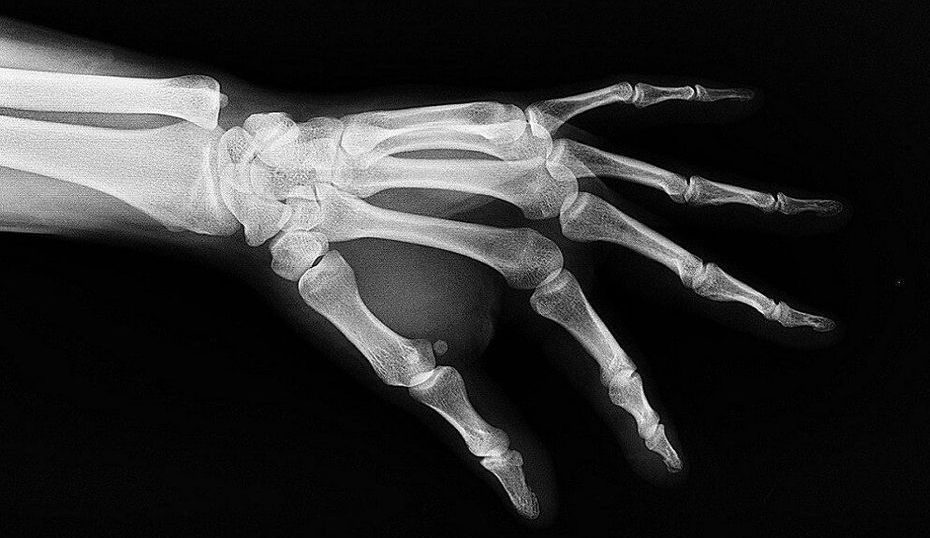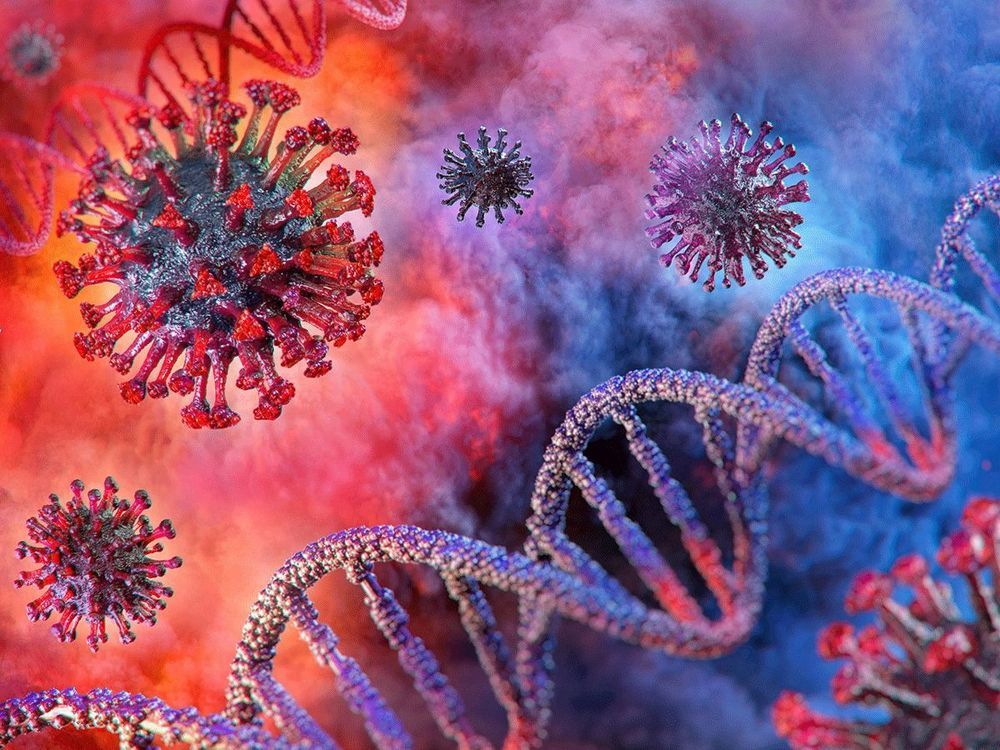Exercise boosts your brain, but a walk on the wild side is what you need to keep your hippocampus happy.


Giacomo Grasselli — a senior Italian government health official who is coordinating the network of intensive care units in Lombardy — explains the “critical” situation in Italy, brought about by the Covid-19 outbreak (Subscribe: https://bit.ly/C4_News_Subscribe)
——
Follow us:
Facebook — https://www.facebook.com/Channel4News/
Twitter — https://twitter.com/Channel4News
Get more news at our site — https://www.channel4.com/news/

Let’s say it was possible to buy your health by the day. How much would you be willing to pay for each year of perfect health? What if you could buy years of health for your loved ones, too? At what price point would you draw the line?
This sort of difficult calculus, on a much larger and chronologically longer scale, underpins many decisions we make in medicine — not just decisions that we make as patients, but also the decisions that are made for us by employers, health insurance funders and policymakers. We don’t have the resources to pursue every possible treatment, to research every possible breakthrough, so how do we allocate the resources available? It turns out that there is an entire field of healthcare economics devoted to understanding the costs and benefits of conventional medicine, and to navigating the trade-offs between more expense and better healthcare.
Determining the costs and benefits of new areas like genomic medicine is especially tricky, because we have so much less experience in these areas, and even experts cannot yet fully agree on the spectrum of harms and benefits.
The National Institutes of Health is testing the antiviral drug remdesivir, which is also being studied in patients in China. Running trials during epidemics is tricky, but scientists learned a lot about how to conduct them during recent Ebola outbreaks.

But using porous TCP to print bones does have some drawbacks. Its compressive strength is much lower than that of some human load-bearing bones, such as our thighbones. Compressive strength would rise over time, but it could be years before it would match pre-operation strength levels.
3D Printing Bones for Mars?
Several other groups are working on similar approaches. At NYU School of Medicine and NYU Langone Health, scientists have been developing 3D printed scaffold implants that could help patient groups such as children with skull deform ities. Early research results show that up to 77 percent of the bone scaffolding had been absorbed and replaced by natural bone 6 months after surgery, and that the newly-grown bone was just as strong as the original.

Avigan was developed as a flu medicine and also has been used for Ebola virus disease (EVD) treatment. EVD, which causes fatal hemorrhagic fever, resulted in more than 11,300 deaths in the West Africa region between 2014 and 2016. There is currently another outbreak in the Democratic Republic of Congo that has seen more than 2,000 fatalities to date.
HONG KONG – Fujifilm Holdings Corp. stock (TYO:4901) jumped 8.8% to ¥5,890 (US$53.48) on Feb. 25, as Japan considers using Avigan (favipiravir), an anti-influenza medication developed by the company’s Toyama Chemical Co. Ltd., to treat COVID-19. The share price ended the day at ¥5,567, for a gain of 2.83%.
The medication attracted market attention when Minister of Health, Labor and Welfare Katsunobu Kato said on Feb. 22 that the country is planning to test Avigan against COVID-19. “We hear from foreign countries that some drugs among those that have been used against influenza may be useful,” Kato said.
As of Feb. 25, more than 850 cases have been confirmed in Japan.
Would you want to know if you’re at risk of Alzheimer’s disease, for example?
The integration of sequencing into health care doesn’t fit very well in the model of how medicine is practiced today, but is well aligned with the future vision of health care that so many of us have — a vision that focuses upon prediction and prevention.
We imagine that personal genome sequencing could play a central role in bringing about a more personalized and participatory form of medicine — including a health care system where patients have more knowledge of their own risks and diagnoses and are empowered to act upon that information.
With that in mind, more of us are asking this question: Rather than focusing only on people with a suspected or diagnosed genetic disease, why not also use genome sequencing to help seemingly healthy people screen for all sorts of conditions, even diseases for which they have no known family history?
China has said that some vaccines for the novel coronavirus could be in clinical use next month as the number of global coronavirus cases soared past 100,000.
The country’s scientists are striving to develop immunisation products with five technologies simultaneously, according to officials.
‘We estimate that in April — in line with country’s relevant law and regulations – there is hope that some of the vaccines can enter the stage of clinical or emergency use,’ said Zheng Zhongwei, director of the Technical Development and Research Centre of China’s National Health Commission.
My editorial from today’s (3/18/19) Financial Times:
Far sooner than most people realise, the genetics revolution will transform the world within and around us. Although we think about genetic technologies primarily in the context of healthcare, these tools are set to change the way we make babies, the nature of the babies we make and, ultimately, our evolutionary trajectory as a species — and we are not remotely ready for what’s coming. Yet we must be, to optimise the benefits and minimise the potential harms of genetic technologies.
Scientists are now able to manipulate biology to a previously unimaginable degree. In the past year, we’ve seen two female mice having their own babies, dramatic increases in the precision of gene-editing tools, and the birth in China of the first gene-edited humans. As this science advances exponentially, however, the regulations guiding how it should best be used are struggling to keep up. If the applications race forward without appropriate guard rails, the danger increases that more scientists like He Jiankui, the Chinese biophysicist who genetically altered two girls, will put people’s health at risk. But if the regulations are hastily written before the issues are clear, are too strong or are not flexible enough, many people who would otherwise have benefited from applied genetic technologies will be condemned to unnecessary suffering or even death.